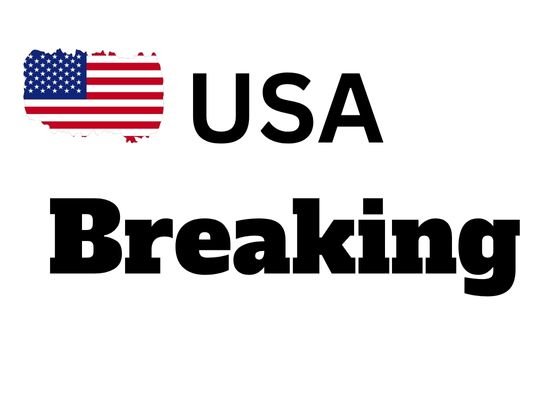
Washington, Oct 4, 2025 — A new grooming policy issued by the U.S. Department of Defense has ignited widespread concern among religious minority communities, particularly Sikh, Muslim, and Jewish service members, who traditionally maintain beards as part of their faith.
The directive, signed by Defense Secretary Pete Hegseth, effectively eliminates beard exemptions across most branches of the military within 60 days, including religious accommodations. The Pentagon stated that the shift restores standards from before 2010, when beards were “generally not permitted.” Only certain special forces personnel — who receive temporary waivers to blend in with local populations during missions — will be unaffected.
Speaking before more than 800 senior officers at Marine Corps Base Quantico on September 30, Hegseth announced the rollback of what he called “superficial personal expressions.” “We are not building an army of Nordic statues,” he said, before ordering a complete phase-out of beard waivers.
Previously, a 2017 directive had allowed Sikh soldiers permanent exemptions for beards and turbans, while Muslim, Orthodox Jewish, and Norse Pagan service members also enjoyed accommodations. In July 2025, the Army reaffirmed religious exemptions even while updating its grooming standards. The new rules, however, reverse those gains and resemble the stricter framework that followed the 1981 Supreme Court case Goldman v. Weinberger, which upheld uniform restrictions on religious attire.
The Sikh Coalition, a leading advocacy group, expressed “anger and deep concern,” calling the move a betrayal after decades of progress on religious inclusion. “Our unshorn hair is central to our identity,” the group said, urging Sikh soldiers to carry exemption documents until the policy is clarified.
A Sikh service member posted on X: “My hair is my identity. After fighting so hard for inclusion, this feels like a betrayal.”
Sikhs have served in the U.S. Army since World War I, with Bhagat Singh Thind becoming the first known Sikh recruit in 1917 permitted to wear a turban. Court rulings in cases such as Singh v. Berger (2022) and earlier victories for Sikh officers reinforced the right to serve with articles of faith. Advocates also point out that Sikh soldiers have successfully passed gas mask tests while keeping their beards, debunking safety concerns.
The ban also raises alarms among Muslims, for whom beards are a religious obligation, and Orthodox Jews, for whom beards and sidelocks are sacred. The Council on American-Islamic Relations (CAIR) demanded clarity from Hegseth, asking whether “the religious freedom of Muslim, Sikh, and Jewish soldiers will be protected,” citing the First Amendment.
Additionally, the new rule could impact Black soldiers with medical conditions such as pseudofolliculitis barbae (“razor bumps”), who previously received permanent shaving exemptions. Critics warn the rollback may fuel discrimination on both racial and religious grounds.
Some Norse Pagan service members have also objected, saying the ban infringes on their spiritual practices.
Until now, the Navy had approved 53 religious exemptions in fiscal year 2025 alone, but military lawyers suggest that number will sharply decline under the new system. Advocates fear years of progress toward diversity and inclusion in the U.S. armed forces may be undone.
As debate intensifies, Sikh, Muslim, Jewish, and civil rights organizations are preparing to challenge the policy, potentially setting up another high-profile court battle over the balance between military discipline and religious freedom.